Top 10 DePIN Projects To Watch In 2024
What is DePIN?
Decentralized Physical Infrastructure Networks (DePIN) refer to networks of physical infrastructure that are decentralized and operate using blockchain technology. These networks aim to create a more efficient and transparent system for managing physical assets such as energy grids, transportation systems, and telecommunications networks. By using blockchain technology, DePINs can securely record and verify transactions, track the ownership and usage of assets, and automate processes such as payments and maintenance.
One of the key benefits of DePINs is their ability to reduce reliance on centralized authorities and intermediaries, which can lead to greater efficiency, lower costs, and increased transparency. Additionally, DePINs can enable new business models and services, such as peer-to-peer energy trading or decentralized ride-sharing, that were previously not possible.
Overall, DePINs have the potential to revolutionize the way physical infrastructure is managed and operated, leading to a more efficient, sustainable, and equitable system for all stakeholders.
Top 10 DePIN Projects To Watch In 2024
1. Akash Network
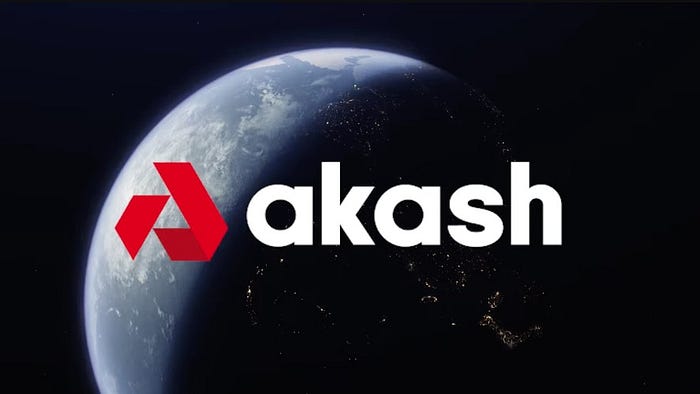 Akash Network is a decentralized cloud computing platform that operates an open-source marketplace connecting server owners with surplus cloud resources to users needing these resources for hosting applications.
Akash Network is a decentralized cloud computing platform that operates an open-source marketplace connecting server owners with surplus cloud resources to users needing these resources for hosting applications.
Running on the Akash Network, the Akash Marketplace is built using the Cosmos SDK and operates on a Tendermint-based blockchain. The network employs Delegated Proof of Stake (DPoS) for its consensus mechanism, with Validators responsible for block production and transaction processing. To operate Validator nodes, users must stake the network’s native token, AKT, and meet the node hardware requirements.
2. Helium (HNT)
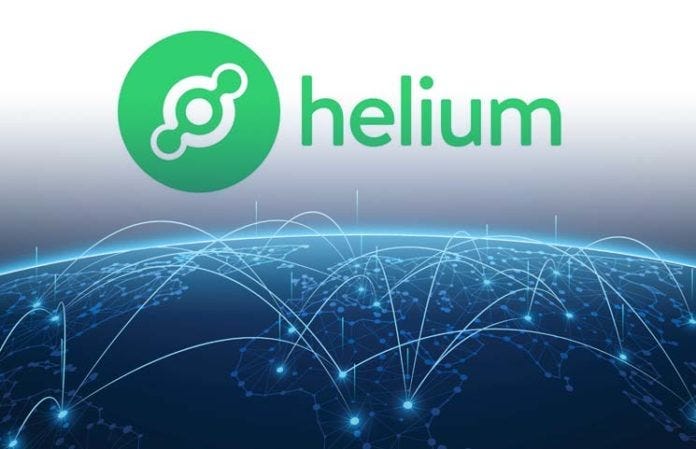 Helium (HNT) is a decentralized blockchain network designed for Internet of Things (IoT) devices. Launched in July 2019, the Helium mainnet enables low-power wireless devices to communicate and transmit data across its node network.
Helium (HNT) is a decentralized blockchain network designed for Internet of Things (IoT) devices. Launched in July 2019, the Helium mainnet enables low-power wireless devices to communicate and transmit data across its node network.
Nodes in the Helium network, called Hotspots, combine a wireless gateway with a blockchain mining device. Node operators mine and earn rewards in Helium’s native cryptocurrency, HNT.
3. Filecoin
 Filecoin operates as a decentralized storage network based on the Interplanetary File Storage (IPFS) protocol. It aims to create an efficient market for unused storage globally, allowing users to pay for low-cost storage. This setup ensures permanent file storage is distributed across the web, contrasting with centralized cloud storage solutions such as Amazon Web Services, Google Cloud, or Dropbox.
Filecoin operates as a decentralized storage network based on the Interplanetary File Storage (IPFS) protocol. It aims to create an efficient market for unused storage globally, allowing users to pay for low-cost storage. This setup ensures permanent file storage is distributed across the web, contrasting with centralized cloud storage solutions such as Amazon Web Services, Google Cloud, or Dropbox.
4. Spheron Network
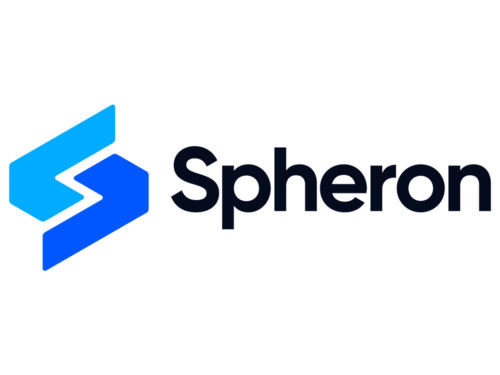 Spheron Network serves as a web3 infrastructure platform, offering tools and services to decentralize cloud storage and computing. Audited data centers can join the Spheron marketplace, which is overseen by Spheron to ensure permissionless access and heightened security. Spheron Compute provides a feature-rich alternative to traditional cloud services at a fraction of the cost.
Spheron Network serves as a web3 infrastructure platform, offering tools and services to decentralize cloud storage and computing. Audited data centers can join the Spheron marketplace, which is overseen by Spheron to ensure permissionless access and heightened security. Spheron Compute provides a feature-rich alternative to traditional cloud services at a fraction of the cost.
The Spheron Compute Marketplace allows users to quickly and easily set up useful tools, whether for deploying databases, nodes, tools, or AI. With Spheron, users can focus on deploying their Node without worrying about the technical details. Spheron Network has partnered with various organizations like Shardeum, Avail, Elixir, Filecoin, Arbitrum, etc., to redefine access and promote a more decentralized, inclusive, and community-centric ecosystem.
Spheron offers features such as Private images, Auto-scale instances, Scale on demand, Real-time instance metrics, Faster GPUs, Free Bandwidths, Terraform Providers and SDKs, Instance health checks, activity, shell access, and more. It also provides add-on storage solutions for long-term data storage and edge bandwidth acceleration through its global CDN. With Spheron, users can set up nodes in minutes, benefit from low maintenance and operations costs, and enjoy a great developer experience.
5. Arweave
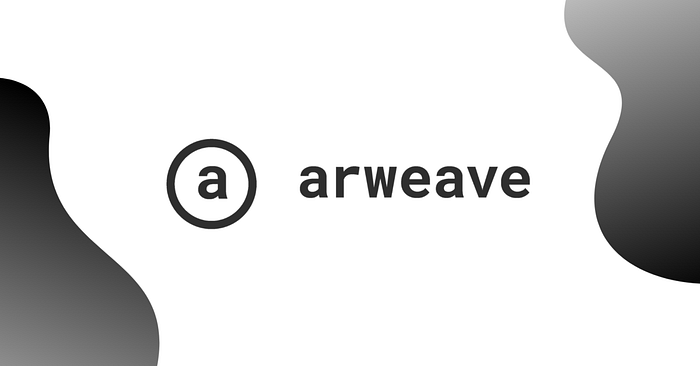 Arweave is a decentralized storage network designed for the indefinite storage of data. It is often referred to as “a collectively owned hard drive that never forgets.” The network is best known for hosting “the permaweb,” a permanent and decentralized web hosting numerous community-driven applications and platforms.
Arweave is a decentralized storage network designed for the indefinite storage of data. It is often referred to as “a collectively owned hard drive that never forgets.” The network is best known for hosting “the permaweb,” a permanent and decentralized web hosting numerous community-driven applications and platforms.
6. Theta Network
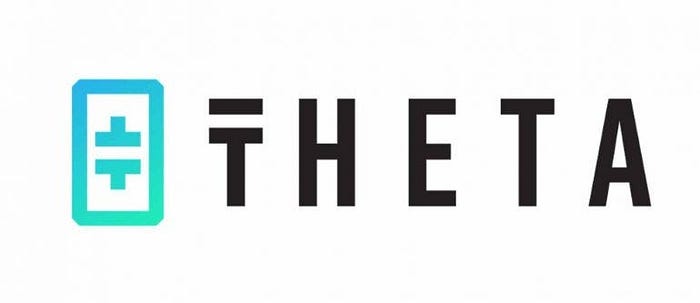 Theta Network is a decentralized video streaming network powered by blockchain technology. Users can watch video content and earn tokens by sharing their internet bandwidth and computing resources in a peer-to-peer (P2P) manner. Notably, Theta Network is advised by Steve Chen, co-founder of YouTube, and Justin Kan, co-founder of Twitch, and has received investments from institutional players like Node Capital and DHVC.
Theta Network is a decentralized video streaming network powered by blockchain technology. Users can watch video content and earn tokens by sharing their internet bandwidth and computing resources in a peer-to-peer (P2P) manner. Notably, Theta Network is advised by Steve Chen, co-founder of YouTube, and Justin Kan, co-founder of Twitch, and has received investments from institutional players like Node Capital and DHVC.
7. IOTA
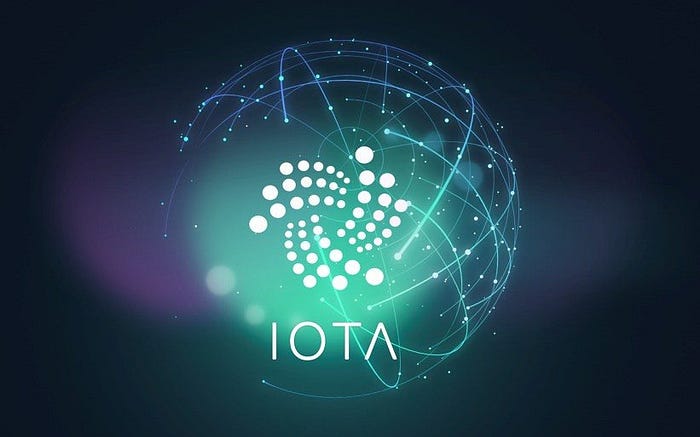 IOTA is a distributed ledger technology (DLT) featuring a unique architecture and an open-source product suite for individuals, businesses, and institutions in Web3. It is built on a directed acyclic graph (DAG) called the Tangle, which functions as a multi-dimensional blockchain. IOTA enables the exchange of data and value on a decentralized platform through direct and secure transfers that are immutably recorded on the network.
IOTA is a distributed ledger technology (DLT) featuring a unique architecture and an open-source product suite for individuals, businesses, and institutions in Web3. It is built on a directed acyclic graph (DAG) called the Tangle, which functions as a multi-dimensional blockchain. IOTA enables the exchange of data and value on a decentralized platform through direct and secure transfers that are immutably recorded on the network.
8. WiFi Map
 WiFi Map is a super app with a community-driven decentralized wireless network that includes a database of 4.5 billion WiFi hotspots. With a strong presence in Web2, WiFi Map is now poised to revolutionize Web3 as a global virtual network operator. The ecosystem is supported by the $WIFI ERC-20 token on the Polygon network, providing discounts, rewards, and incentives for community contributions.
WiFi Map is a super app with a community-driven decentralized wireless network that includes a database of 4.5 billion WiFi hotspots. With a strong presence in Web2, WiFi Map is now poised to revolutionize Web3 as a global virtual network operator. The ecosystem is supported by the $WIFI ERC-20 token on the Polygon network, providing discounts, rewards, and incentives for community contributions.
9. Render Network
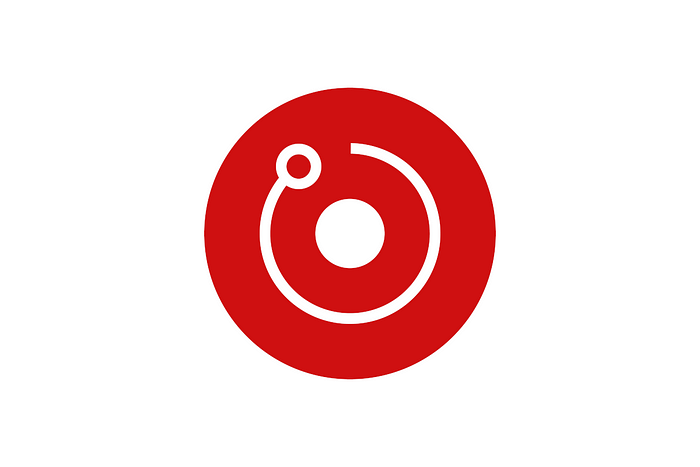 Render Network Foundation (The Render Network®) is a leading provider of decentralized GPU-based rendering solutions, connecting node operators with artists to scale 3D rendering work and applications to the cloud. The network achieves high levels of scale, speed, and economic efficiency through a decentralized peer-to-peer network, empowering artists and developers to build services and applications for the digital economy.
Render Network Foundation (The Render Network®) is a leading provider of decentralized GPU-based rendering solutions, connecting node operators with artists to scale 3D rendering work and applications to the cloud. The network achieves high levels of scale, speed, and economic efficiency through a decentralized peer-to-peer network, empowering artists and developers to build services and applications for the digital economy.
10. Krest
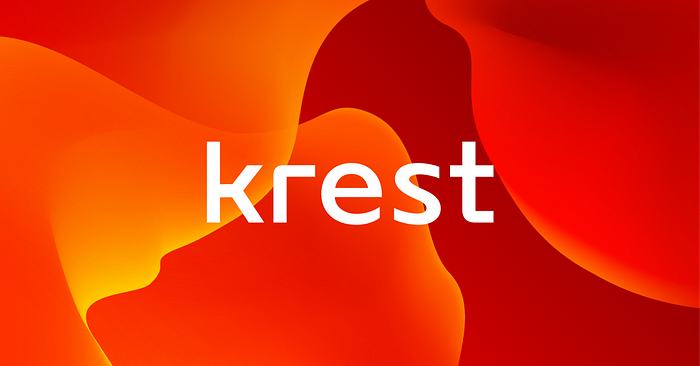 Krest is a platform for socio-economic, technical, community, and governance innovation in the Peaq ecosystem. It allows the Peaq community to launch dApps and tools for impact assessment in a production environment without risking real-world harm. Krest also provides an environment for live tests using real Internet of Things (IoT) hardware and connections, enhancing simulations with real-world data.
Krest is a platform for socio-economic, technical, community, and governance innovation in the Peaq ecosystem. It allows the Peaq community to launch dApps and tools for impact assessment in a production environment without risking real-world harm. Krest also provides an environment for live tests using real Internet of Things (IoT) hardware and connections, enhancing simulations with real-world data.












































![[LIVE] Engage2Earn: auspol follower rush](https://cdn.bulbapp.io/frontend/images/c1a761de-5ce9-4e9b-b5b3-dc009e60bfa8/1)


